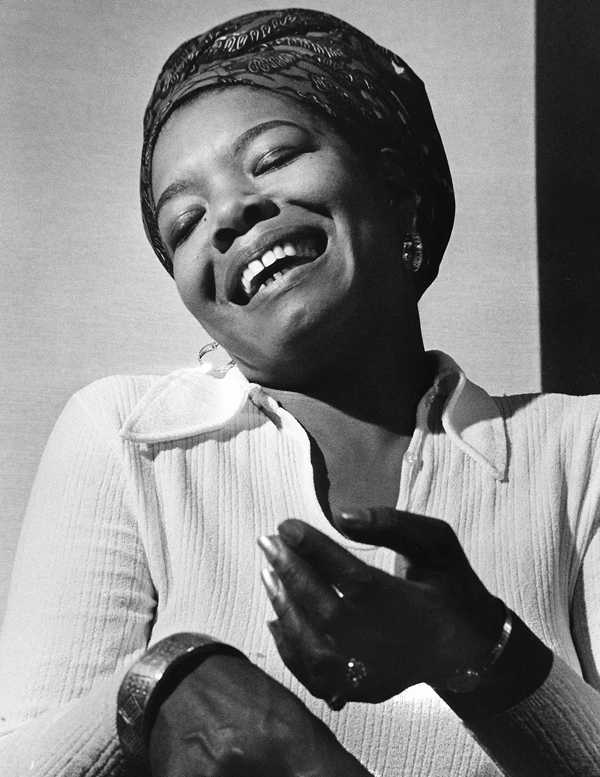February 1, 2022
In a recent Boston Review article, theorist and associate professor at Yale University Joseph Fischel explores whether there is a constitutional right to sex work. He heads off naysayers by noting that, though it may sound absurd to some readers, given recent cultural and legislative shifts towards the recognition of sex worker rights, the idea that commerical sex might be protected under the constitutional right to an “erotic life free of state control” is not at all farfetched. Perhaps only about as far-fetched as the right to same-sex marriage was in 1972.
Some sex worker rights organizations have already challenged criminalization in lower courts, using Lawrence v. Texas (2003) to argue that the constitutional protections of same-sex sexual intercourse should extend to sex work as well. Fischel argues that the logic of this argument holds and that the courts’ track record of rejecting these claims stems not from logic, but from a culturally imbued prejudice that views sex workers either as moral degenerates, or trafficked victims. Ultimately, the advocacy and cultural change that led to the recognition of LGBTQ rights under the Constitution is no different.
In past constitutional challenges, lower courts have ruled that commercial sex extends beyond Lawrence’s jurisdiction. The characterization of the plaintiffs in Lawrence was as “two adults who, with full and mutual consent from each other, engaged in sexual practices common to a homosexual lifestyle.” Fischel notes that Justice Anthony Kennedy observed that you cannot create parameters around consensual sexual freedom so easily. If Lawrence’s liberty extends to a right to non-marital sex, so long as consent is fully present, why is sex work any different? Here, Fischel argues, textual interpretation is guided by “[j]udges’ stereotypes about prostitution on the one hand (nonintimate, emotionless, dangerous) and noncommercial sex on the other (intimate, enduring, consensual, non-abusive, marital), enable[ing] courts to hastily write off prostitution as outside the ambit of constitutionally protected sexual liberty.”
The article goes on to detail how lower courts have either addressed or evaded the question of whether sexual freedom includes commercial sex, noting just how closely some of these dismissals parallel previous judicial rejection of rights that have since been recognized.
The three main reasons courts have rejected the belief that sex work is protected under Lawrence are the parameters that (a) Lawrence only protects sexual intimacy, not sexual freedom (assuming sex work is not intimate), (b) Lawrence only covers private sexual activity (assuming sex work is not private), and (c) that governments have a valid and vested interest in prohibiting sex work that does not apply to same-sex sex. With adept legal and logical reasoning, Fischel easily makes the case that the first two points are spurious. Sex work can easily be intimate, and sex work is no more or less private than the myriad of other decisions we make about our bodies.
Lastly, the righteousness of sex work criminalization is blatantly false. Time and time again we have seen that the legal prohibition of sex work “makes [sex workers’] lives harder, more dangerous, more violent, and more precarious. When prostitution is criminalized, as in most of the US, sex workers are raped by johns, and by the police, with impunity”. Our disparate opinions of sex work and those who engage in same-sex sex, says Fischel, is a product of “a hierarchy of moral worth, a stratification of respectability that frames how we understand sexual rights and who we think are entitled to them.”
This begs the question: as we challenge this hierarchy, is the decriminalization of sex work inevitable? Fischel neglects to speculate. But “queers and sex workers—evidently, not discrete populations—share or ought to share a political project: to build a world in which sex practices, gender identities, and gender expressions are policed a whole lot less,” he says in conclusion. “The fight for sexual freedom should not be artificially cabined by sexual identity, whether on the streets, in statehouses, or in the courts.”
Read the entirety of the piece on the Boston Review website.

(Wikimedia, 2022)
DSW Newsletter #33 (February 2022)
DSW Releases Groundbreaking Report on Sex Work and Human Trafficking in New York State
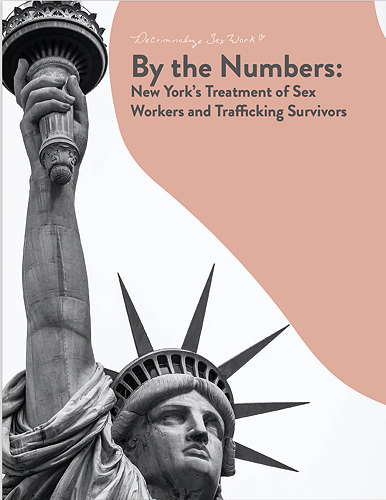
The EARN IT Act Threatens Free Speech and Sex Worker Rights
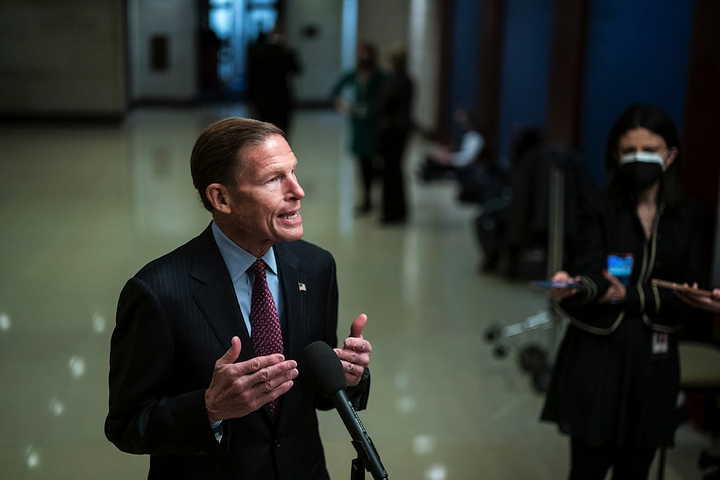
A Constitutional Right to Sex Work

Victoria Becomes Australia’s Third State to Decriminalize Sex Work
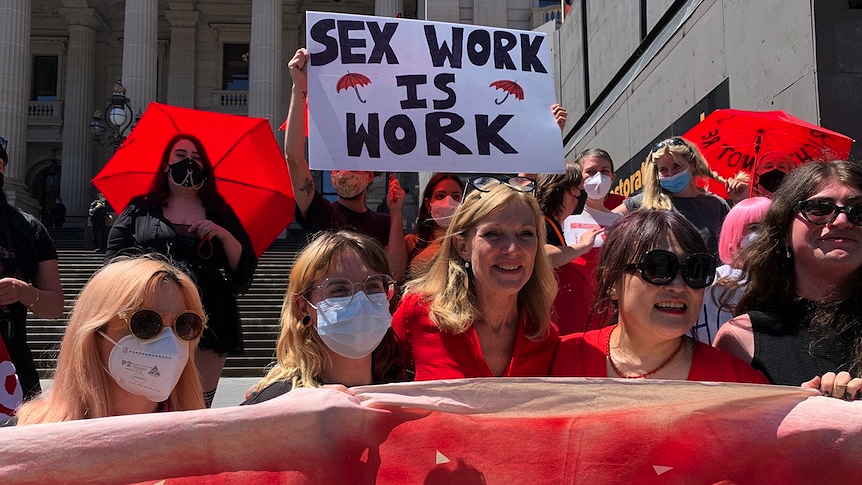
Chilling Effects: Amnesty International reports on Ireland’s 2017 End Demand Law
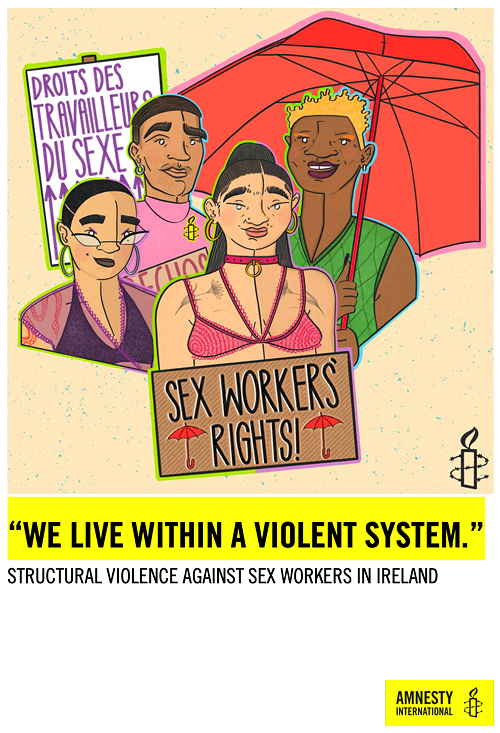
Maya Angelou, Sex Worker and Hero
